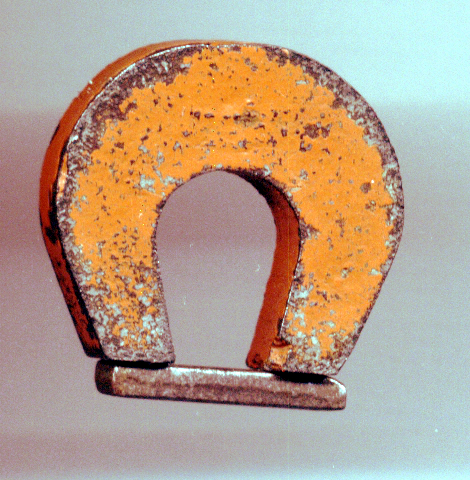JULY 10, 2022 – (Cont.) “I thought about rejiggering the pitcher of lemonade—more ice cubes and freshly-squeezed lemon juice—but the thought quickly vanished. I was on a roll and wanted to continue my monologue about American democracy.”
“You see, we’re not Denmark, Finland, or New Zealand,” I said.
“Who are they?”
“Countries—like America—except they’re not like America because they’re small by comparison. And most important, they’re as homogenous as America is diverse.
“Isn’t homogenous boring and diverse interesting?” asked the alien.
“Some people would agree, but democracy in an homogenous society is much cleaner than democracy in amidst diversity, especially when the homogenous country comprises a population of five million living within a limited geographic area and the diverse society is one of 330 million spread across a whole continent.
“Yes, but don’t all human beings share similar traits and aspirations?”
“Perhaps, but we’re also geared to focus on our differences. That’s just the way we are.”
“Just the way you are?” The alien’s tone projected judgmental impatience. For a moment I worried about the score—humanity’s strengths vs. human frailties—and the consequences for our species, at least within the power and inclination of the alien to save us or destroy us.
“You’ve arrived at a point of our existence when radical change initiated by us accelerates at an unsettling rate. Yet, our short-term traits such as limited longevity, myopic thinking, and susceptibility to the cult are powerful influences. Ironically, in many ways we actively preclude ourselves from evolving fast enough to adapt to the changes we’ve unleashed.
“In further irony, America, is especially mired in myopia and corresponding inability to change. This has implications for our democracy . . . but sorry, I’m getting way ahead of myself.”
“How so?”
“I’ve just passed judgment on the future of our democratic body politic, but for that assessment to have any clothes, it must be cloaked in an understanding of the past.”
“Of which I know very little, except for the little you’ve told about the influx of immigrants to the New World, the rebellion of 13 Colonies against Great Britain, and the not-so-civil war that split your country in 1861.”
“Let me fill in a few blanks,” I said. I was continually impressed by the alien’s focus and memory but also by the creature’s willingness to explore tangents without losing sight of the main topic. “Shaping America are the special properties of this land’s magnetic effect.”
“I know the science of magnetism, but how does it apply to the context of your reference?”
“It’s an analogy,” I said. “From the hemisphere’s discovery by Columbus . . . and its naming by Amerigo Vespucci . . . the New World has been a magnet for aspiring souls; people seeking something bigger than what the Old World had given or promised.”
“Even to the enslaved?”
“No, but the ‘free’ labor and therefore, value, that they represented to the enslavers and slave traders, the West Africans who were brought here against their will were part of the wealth—and avarice—that formed our magnetic field.”
My yabber was interrupted by emitted a low hum, which gained strength until the glass tabletop began to vibrate. (Cont.)
(Remember to subscribe to this blog and receive notifications of new posts by email.)
© 2022 by Eric Nilsson
